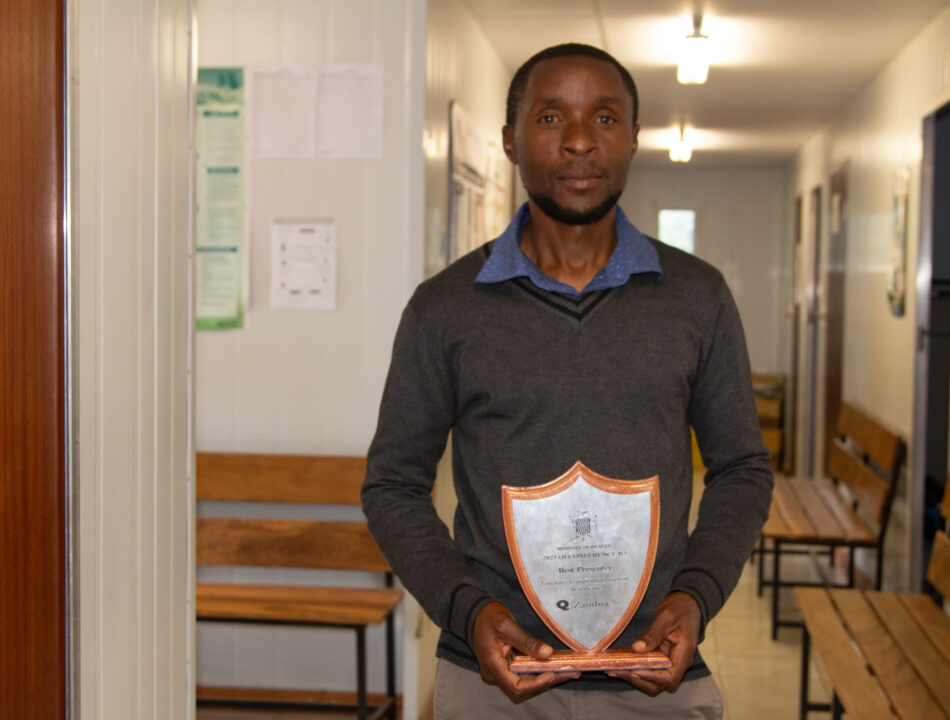Diversity, Inclusion, and Gender Equity in Global Health Leadership: Some Lessons from a Global Health Symposium.

DREAMS TOUCHING LIVES
October 27, 2023
Can Saliva be used to accurately predict the level of antibodies present in Blood?
November 1, 2023The University of Alabama at Birmingham (UAB) United States of America recently held a Global Health Symposium themed: Promoting Equity in Global Health Partnerships.
The question is, why do diversity, equity, and inclusion matter in global health?
In her passionate call and challenge to the symposium participants, Centre for Infectious Disease Research in Zambia (CIDRZ) Chief Executive Officer, Dr. Izukanji Sikazwe stressed the urgent need to address the inequities that exist at micro and macro levels that lead to health disparities.
She urged the symposium to acknowledge differences in contextual lived experiences between the global north and the south that make it more difficult for other people especially from the south to achieve the same goals. Hence, her fundamental call to move beyond impartiality to adapt solutions that meet the needs of diverse lived experiences of communities and individuals.
She argued, fittingly so, that for the world to achieve the vision of the longest and healthiest life for all people, the three ingredients of Diversity, Equity and Inclusion (DEI) are cardinal and require embracing in every global health leadership discussion agenda.
Dr. Sikazwe illustrated that understanding inequality that exists at the heart of institutional systems, structures, and cultures requires action that goes beyond mere women’s representation. A lack of DEI “weakens health systems and global health security, it erodes the rights of those under-represented, the gender-marginalised people, minority populations, differently abled people and excludes disparate views and experiences”, she said.
She advanced that diversity must reflect a balance of lived perspectives and experiences – be it racial, gender, or socio-economic, and that the design and development of global health interventions should be inclusive by involving the recipient individuals or communities.
Dr. Sikazwe further emphasised the need to embrace representation and perspectives from different genders that include not only women and men but individuals who identify as transgender and non-binary. The seminar allowed participants to network and engage in dialogue and activities to strengthen collaborations and discuss best practices for global health leadership and partnerships. CIDRZ was represented at this symposium also by its Chief Medical Officer, Dr. Carolyn Bolton and Director Reproductive, Maternal, Newborn, and Child Health Dr. Albert Manasyan.







